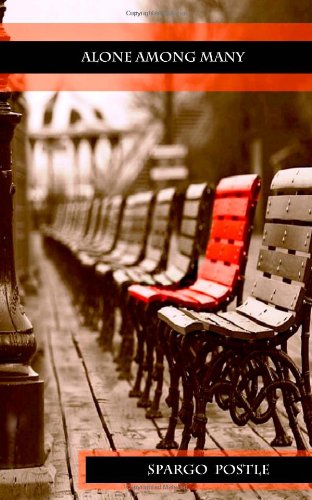 |
| via |
Published: 2012
It's about: Christina and Ingrid reviewed volume 1 of The Tiny Book of Tiny Stories last year, a book that serves to prove that "the universe is not made up of atoms; it's made up of tiny stories." In these two volumes, actor Joseph Gordon-Leavitt "directs thousands of collaborators to tell tiny stories through words and art. With the help of the entire creative collective, Gordon-Levitt culls, edits, and curates the massive numbers of contributions into a finely tuned collection." Basically, it's a collaborative effort of poetic, one or two-sentence stories with corresponding artwork.
I thought: I thoroughly enjoyed this book -- more than Christina and Ingrid enjoyed the first. Although I never read volume 1, I'd say from the few selections I've seen from it that volume 2 far exceeds it.
Naturally, as a collaborative effort, some of the tiny stories are insightful, intriguing, or thought-provoking, while others fall flat or come across as desperately emo. But I'd say the former greatly outnumber the latter.
It would make a great coffee table book (or bathroom book... not that I keep mine in the bathroom. Hahem.)
Verdict: Stick it on the shelf
Reading Recommendations: If you are a fan of books such as PostSecret, you will likely enjoy this book.
Warnings: None
What I'm reading next: Rebecca by Daphne du Maurier
**I received a complimentary review copy of this book in exchange for an honest review.













